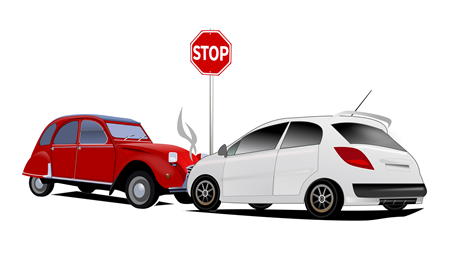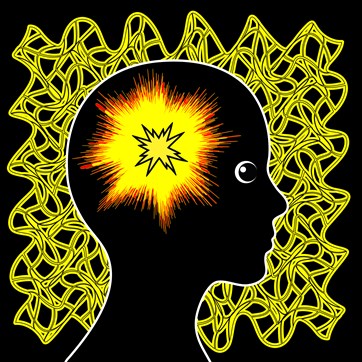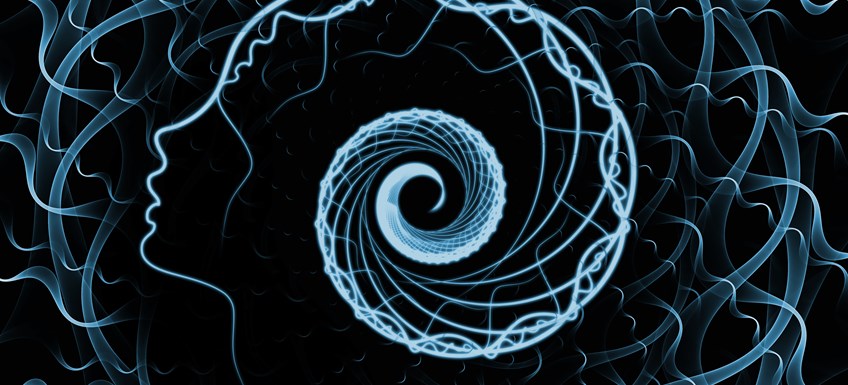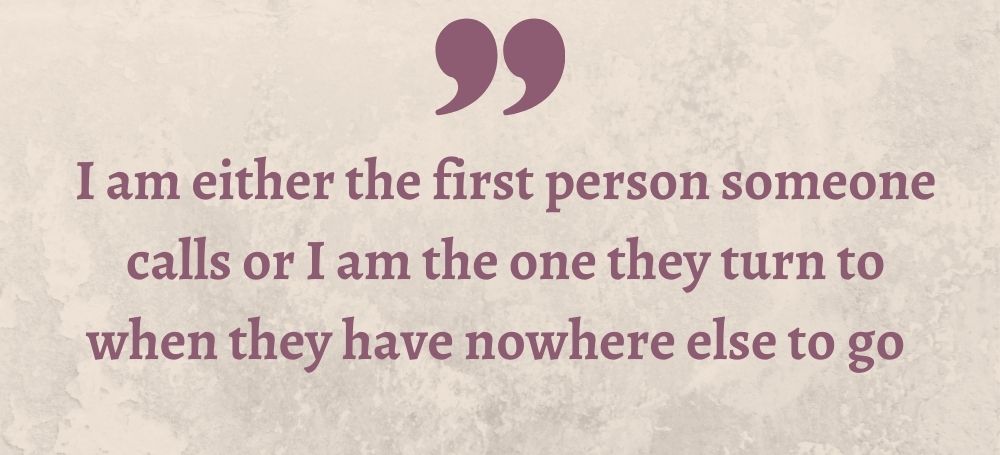Are you or someone you know trigger happy?
What does it mean to trigger? For different people it can mean totally different things, but in essence when we trigger we spiral out of the present moment and relive thoughts, emotions, feelings and beliefs from a past event as if they are happening in the here and now. It can be very hard to differentiate between what is actually real in the present moment and what relates to a past event because what we experience in the present moment feels very real to us.
What does ‘being triggered’ mean?
Being triggered is something that occurs as the result of a trigger. Sounds obvious I know, but lets explore this a bit more. ‘Being triggered’ is a state of being in response to a particular ‘thing’.
How do triggers come about?
When we talk about triggers we need to understand from a wider perspective how we process and store information. When we experience something that is traumatic it can become locked within us. For example imagine something that happens to you that takes you by surprise, you respond with a gasp or sharp intake of breath, in that split second you are reacting to something and in that split second you take an ’emotional snap shot’ of what is happening. This ’emotional snap shot’ then gets stored away within you. The more traumatic or upsetting the event, the stronger more impactful the ’emotional snap shot’ can be.
The mind is very good at coping and often buries things we do not want to look at or process so we can carry on as ‘normal’. The trouble is that somewhere within us this ’emotional snap shot’ is held. Say for example someone is involved in a car accident. the ’emotional snap shot’ will involve various things including everything you felt at the time, shock, fear, upset, panic, anxiety, in short a whole host of feelings related to being in a highly emotional state where we have an adrenalin rush and the body enters ‘Flight or Fight’ mode. Also within the snap shot will be the details of what happened, for example the colour of the car you crashed into (for example red) the song on the radio, the thoughts you were having at the time, the feeling of the car seat and the seat belt, the sound as the cars collided, perhaps the smell of burning rubber as the tyres locked. There are many many things that can be going on in the moment all of which form part of the ’emotional snap shot’. All of this information, everything that was happening in that split second, whether we processed it all consciously or unconsciously will be caught up in the snap shot. Consequently any one of those things can act as a trigger later in life. For example if we were to smell burning rubber at some point in the future, it could bring back all those emotions associated with the snap shot. Our body reacts as if we are back in the car accident as if it happening again now in the present moment. The body then automatically responds with the panic, fear, anxiety and the Fight or Flight adrenal reaction kicks in.

What can be a trigger?
If we follow the logic that an ’emotional snap shot’ holds all the elements of the trauma then anything that is part of that ’emotional snap shot’ can act as a trigger, something as simple as seeing the same colour red could trigger all the associated emotions resulting in the individual feeling shock, fear, upset, panic, or anxiety.
In this instance using the example of the car accident the trauma is pretty obvious and we can all agree that certain feelings of panic, shock and anxiety would be perfectly normal and we can easily understand that holding within us that snap shot could result in those very same feelings triggering if something reminds us of any aspect of the trauma.
Well the same applies for emotional trauma, for emotional abuse and for things that happened to us when we were very young. Sometimes with deep trauma we may not even have a conscious memory of it. Remembered or not, any buried trauma can be held as an ’emotional snap shot’ and can therefore result in us being triggered.
Emotional Triggers
Lets take for example a child who grows up around an abusive alcoholic parent When we are small our parents are our whole world and they are much bigger than us and have, to a certain extent, control over us. If the parent is for example alcoholic or very angry by nature we can experience trauma, create ’emotional snap shots’ and relive that trauma via any number of triggers throughout the rest of our lives. We may not even realise that the intense feelings that we are experiencing are actually the emotions of a frightened child, we may in fact believe that we are experiencing these emotions anew each and every time. When we are triggered we don’t understand that what we are feeling is in fact a chain reaction from an old emotional wound that is expressing itself. We are in fact ‘over reacting’ to the current situation with emotions that belong to a past event.
Say for example as an adult you are in a relationship with someone you love. You may find yourself having a tough time in that relationship because you think to yourself ‘he does this’, or ‘she does that and it makes me so upset’. What if the actions or behaviour of your partner isn’t actually the problem, what if your partner accidentally triggering an ’emotional snap shot’ in you. That is to say rather than it being something they are doing TO YOU that is making you feel so upset, perhaps its a trigger IN YOU causing a chain reaction. This chain reaction then results in you experiencing again all the feelings relating to that particular ’emotional snap shot’ from the past.
To explain this further imagine if as a child you had an angry parent. Imagine how powerless you must have felt and how overwhelmed you felt by the anger of your parent. As a small person that anger could have been very scary for you, your parent may have expressed his or her anger in many different ways including raising their voice. Now imagine that in the present you are with a partner who, when they feel strongly about something, raise their voice. It does not mean you are necessarily in danger, it could simply be that the raising of your partners voice is their preferred way of getting their point across. If however you have an ’emotional snap shot’ where a raised voiced signalled danger for you this raised voice in your partner may cause a chain reaction in you leading back to feelings of panic and fear, and an adrenal response of Fight or Flight. You may even feel that you are frighted of your partner, when in actual fact what you are feeling is an old fear towards an angry parent.

Past and Present Collide
As you can see this can be very confusing because the feelings are real and they are happening now in the present moment, and it seems reasonable to assume that if you are feeling them now then they must relate to something that is happening in the present. It is only when we understand the nature of triggers that we can begin to realise how complex we are and how our past may be contaminating our present with a whole host of emotions that are in essence irrelevant to what is really happening now.
When we trigger it is as if an explosion of emotion happens in our mind and body and it is hard to see the present moment clearly as we are flooded by thoughts, feelings, emotions and beliefs from the past as well as a possible adrenal response of Fight or Flight.

It is as if a cloud descends around us and we are unable to see clearly what is happening in the present moment. As we try to make sense of it we confuse the current situation with all the emotions we are feeling from the trigger and we often misunderstand what is really happening as we are emotionally caught in the past. Like a storm it passes in time, but often the damage is done, the accusations have been made and an argument has ensued. It is hard to believe when we FEEL our emotions rise in us so strongly that we are not RIGHT about whatever it is we are feeling. It is only when we understand how the past can erupt into the present that we can begin to understand what is really happening and what is really going on.
Those close to us who experience us triggering may find it very confusing as they are bombarded with all sorts of heightened emotion that seem totally irrelevant to the current situation.
The only way to navigate this is to take ownership of our emotional reactions and to delve into understanding our ’emotional snap shots’ and through this understanding, better manage our emotional landscape in the present.
See blog ‘Managing Triggers’


 Clare. Can you help?
Clare. Can you help?  Gaslighting
Gaslighting  Anger as a messenger
Anger as a messenger